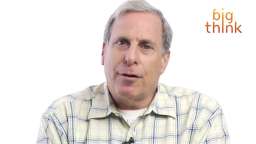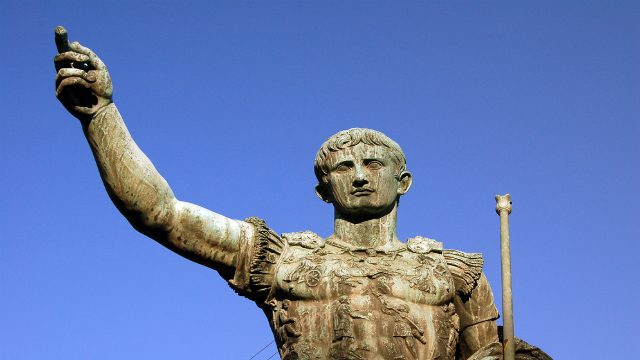The Rules of Power: What Che and Hitler Have In Common

What’s the Big Idea?
What is power? According to Bruce Bueno de Mesquita, game theory expert and author of The Dictator’s Handbook, it’s the ability to get other people to do things they wouldn’t otherwise do. Game theory, in a nutshell, is a method of predicting human behavior in a given situation based on the motives of the players involved. And when it comes to people in power, says de Mesquita, their primary motive – the one that most reliably predicts their behavior – is to stay in power.
For this reason, says de Mesquita, it’s incredibly difficult to determine how sincere a leader’s interest is in the well-being of his people, especially in a democracy or a political revolution, in which public goodwill is essential to remaining in power.
This is not to say that politicians don’t have personal agendas or convictions – but history, as always, is instructive here; de Mesquita observes that most revolutionary leaders, once they’ve seized the reins of power, established a military with themselves at the head, and rewritten the constitution to limit their risk of being voted out of office or deposed, do very little for the people who put them there. He notes further that those few who do improve the quality of life of the average citizen often do so for reasons other than altruism, including the economic benefits stability brings to the country (and its leaders).
[VIDEO] Bruce Bueno De Mesquita on the nature of power
What’s the Significance?
While Adolf Hitler and Ernesto “Che” Guevara were very different men and the products of two entirely different cultural/historical realities, it is de Mesquita’s claim (supported by his consistent track record of success in predicting political power moves across the globe) that the rules of power are consistent across time and place, and trump any other considerations when evaluating political actions.
In Hitler’s Germany, the National Socialist Party’s strategy of trumpeting the myth of Aryan superiority, and of blaming the nation’s social and economic woes (which were, in fact, the result of World War I and the backlash against German expansionism) on the Jews was effective political strategy. It captured the rage and resentment of an unemployed generation and transformed it into fuel for Hitler’s meteoric rise to power. Because of the horrors of the Holocaust, history’s focus has remained squarely on the human cost of the genocide, but the allure of power – the compulsive human drive to attain and to keep it – is one compelling answer to the question how could such a thing happen?
Likewise, in Che’s time and place, socialist theories of equality as a foil to capitalist excesses and inequities were a powerful force for winning the hearts of the downtrodden. De Mesquita would say that the sincerity of Che’s beliefs is almost beside the point – he was able to rise to power because he gave the people what they wanted.
If we accept de Mesquita’s claim that remaining in power is the primary motivation of our leaders, then the political structure of a nation is the single most important determinant of how responsive its leaders will be to its people’s needs. Democracy, in theory, should protect the interests of the people, but lackluster voter turnout, lobbying, and gerrymandering ensure that US leaders answer, in reality, to a handful of interests rather than to “the people” as a whole. If we want real change, then, the answer isn’t to elect somebody whose rhetoric we believe – it’s to tackle any structures that rob us, the people, of the real power to give power – and to take it away.
Follow Jason Gots (@jgots) on Twitter
Image credit:Shutterstock.com




